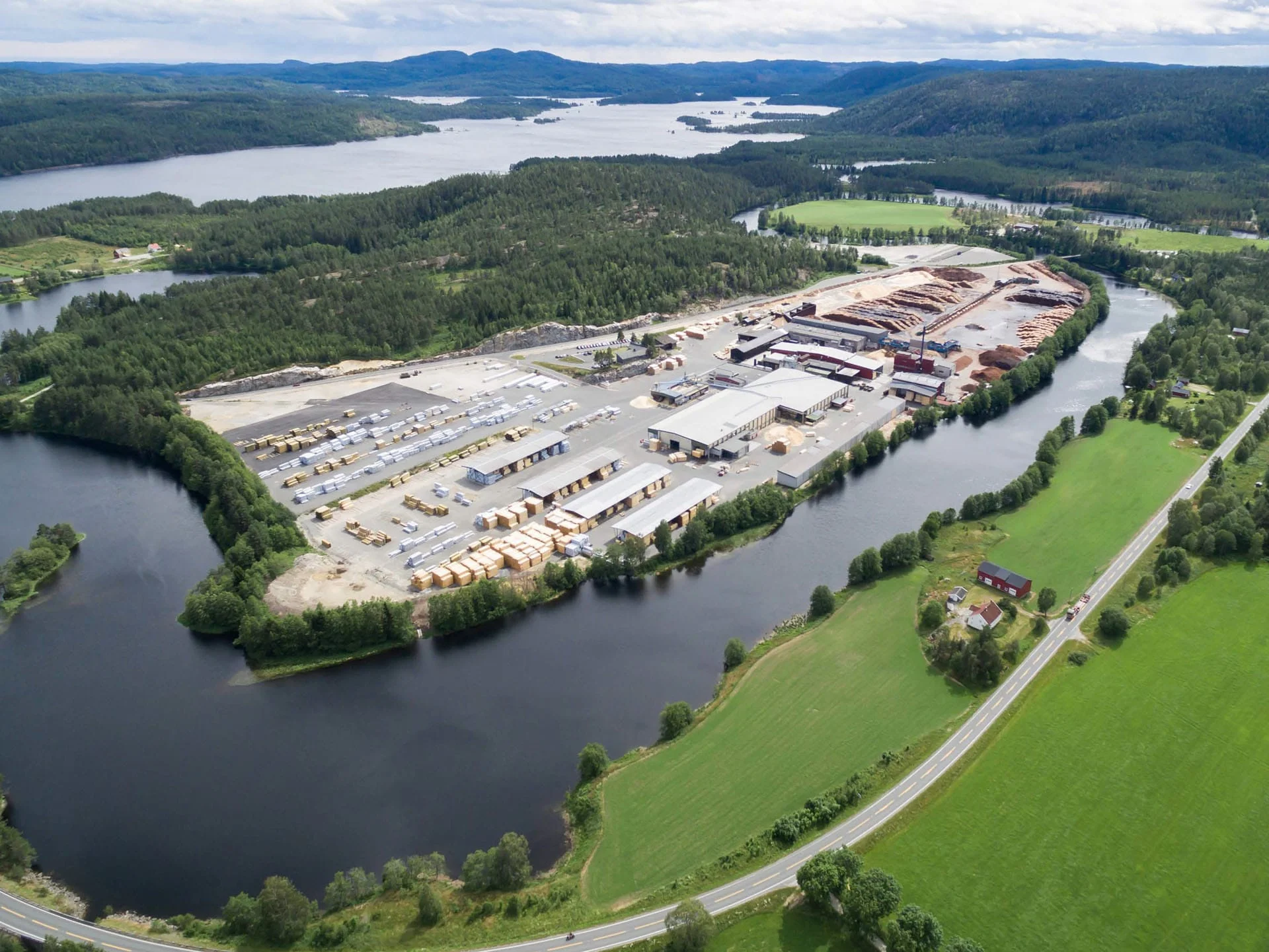
Green technology
A next-generation sustainable biofuels
Biofuels are manufactured from organic material. The fuel can be produced as a ready-to-use product, or as a product to be blended with fossil fuels such as gasoline, diesel, and aviation fuel. In 2021, Norwegian authorities increased the requirement for biofuel blending to 24.5 percent for all road transport fuels. The mandate will further increase toward 2030. Additionally, Norway is the world’s first country to introduce requirements mandating a biofuel blending component also for the aviation sector.
First-generation biofuels are manufactured by technologies based on fermentation and distillation, or by extraction of oils from biological material. Typical raw materials used for this purpose are corn, sugar cane, soy, rapeseed, or palm.
Second-generation biofuels are manufactured from sustainable raw material sources. They do not have the negative consequences associated with first-generation biofuels, which come from food sources and may affect food availability, pricing, and unwanted land use. The raw material can be biological residues from other kinds of production, by-products from the sawmill industry, and renewable resources from the forest such as low-value wood, branches, treetops, and woodchips from forestry. The biofuels produced at the Amli plant will be second-generation. Our fuels can be used in regular engines without the need for technical modifications.
For further information, please visit the Norwegian Environment Agency’s website.
